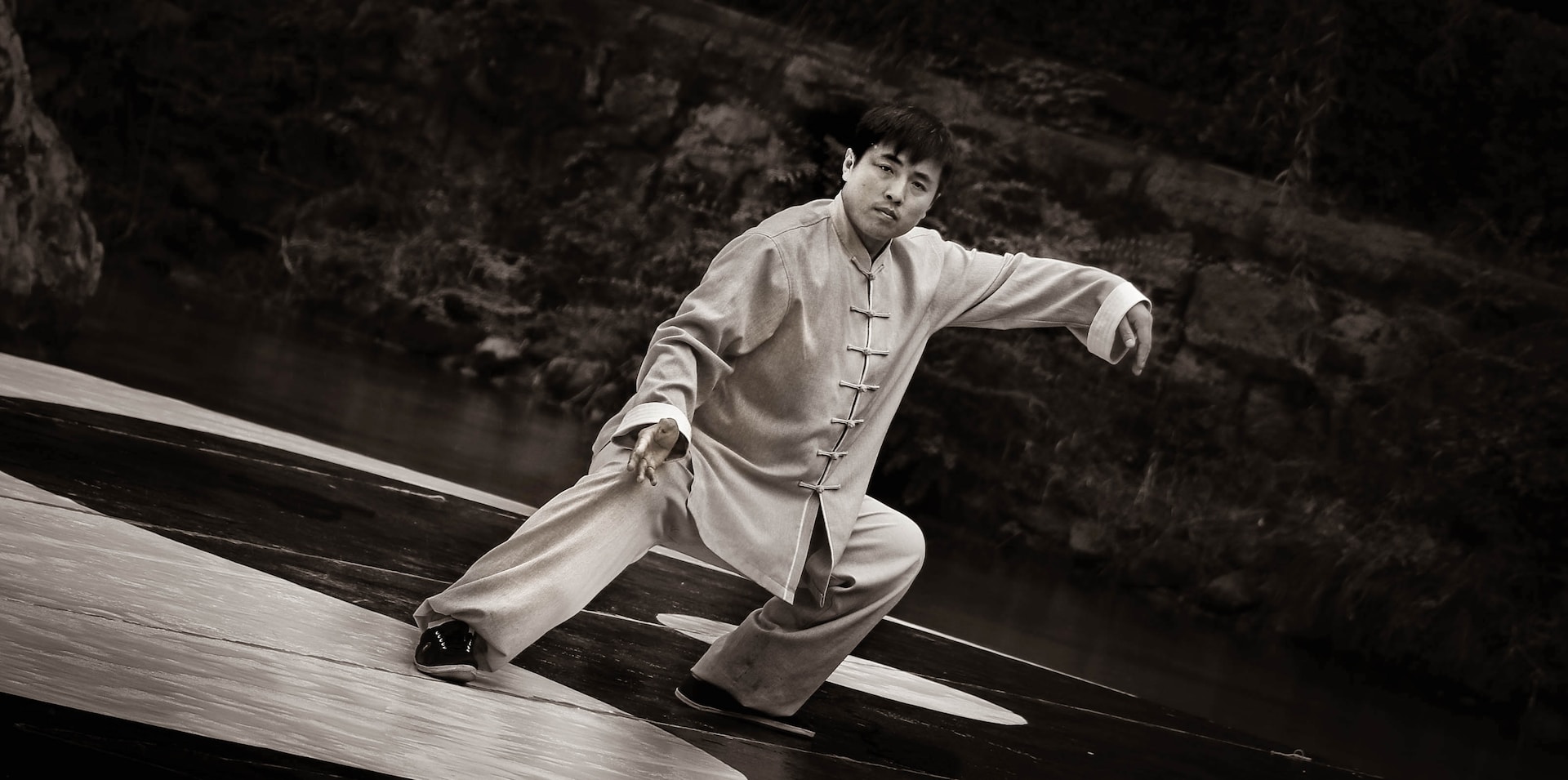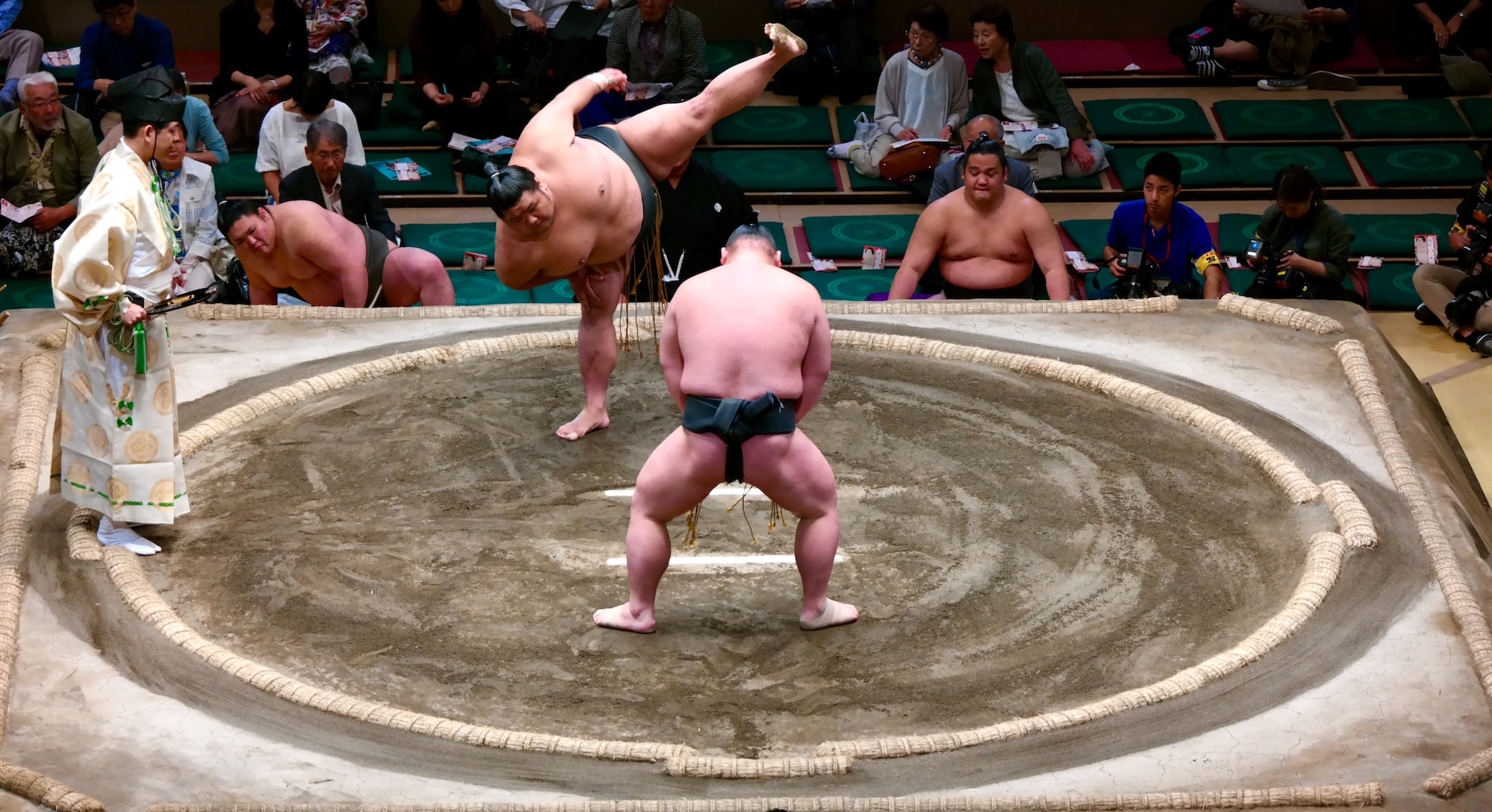Traditional martial arts, true cultural treasures inherited from our ancestors, have experienced an unprecedented revival of interest in recent years. As the modern world is constantly evolving, more and more people are turning to these ancestral disciplines to find balance, both physical and spiritual.
Far from being simple combat sports, traditional martial arts are true philosophies of life. They advocate fundamental values such as respect, discipline, self-control and the search for inner harmony. By focusing on these aspects, they allow everyone to find their own path to personal development. It is this spiritual dimension that attracts many practitioners today, in search of meaning and well-being.
But why this sudden attraction to age-old practices? In fact, this fascination with traditional martial arts is partly the result of a certain rejection of the modern world, often perceived as superficial and disconnected from our roots. Practitioners of traditional martial arts thus seek to reconnect with an era where authenticity and simplicity were primordial values. They see in these disciplines an opportunity to reconnect with a cultural heritage and to live an enriching experience on the physical, mental and spiritual levels.
In addition, practicing traditional martial arts allows you to develop many skills. Mastering techniques and movements involves precise concentration and coordination, while combat requires constant responsiveness and adaptability. This quest for excellence also promotes personal development, by cultivating perseverance, self-confidence and stress management. Traditional martial arts are thus a true school of life, where you learn to know yourself and surpass yourself.
Despite the rise of modern martial arts, such as MMA (Mixed Martial Arts), traditional martial arts have retained their specificity and uniqueness. In a world where success is often measured through competitions and spectacular performances, traditional martial arts emphasize learning and the transmission of knowledge rather than competition. They favor mutual aid and kindness between practitioners, thus creating a true community based on mutual respect.
To support this renaissance of traditional martial arts, many masters and teachers have embarked on the promotion and transmission of these disciplines. Internships, seminars and dedicated events are multiplying, offering enthusiasts the opportunity to train with the greatest experts. Some practitioners even go so far as to meet renowned masters in distant countries, in order to immerse themselves in the culture and the very essence of traditional martial arts.

The transformative role of martial arts in modern society
Faced with an increasingly fast-paced, stressful and digital modern society, the importance of disconnecting and returning to basic principles becomes essential. In this context, traditional martial arts offer an escape, a way to reconnect with oneself and human nature. But beyond their role as a safeguard in the face of everyday challenges, they also stand out as a key element in the transformation of current society.
On the one hand, these ancient arts teach timeless values. In a world where individualism and competition reign supreme, martial arts remind us of the importance of cooperation, teamwork and respect for others. It is not simply a return to basics, but a real invitation to adopt a different perspective on how to relate to others and to the world around us.
On the other hand, the practice of martial arts is a form of education. It provides a structural framework where individuals can learn not only techniques, but also essential life skills. Martial arts teach patience, determination, discipline and the importance of perseverance in the face of adversity. These skills are extremely valuable in a modern world that often encourages the search for immediate gratification.
Additionally, with the explosion of social media and the omnipresence of screens, many people feel the need for authentic human contact. Dojos and training rooms then transform into community spaces where individuals can interact, share and establish deep connections. These places become havens of peace and communion, where we feel part of a greater whole.
Finally, it is essential to recognize the impact of martial arts on mental health. Numerous studies have shown that regular practice of a discipline, such as martial arts, can have positive effects on anxiety, depression and self-esteem. In an era where mental health issues are increasingly prevalent, these disciplines offer a holistic method for approaching and treating these challenges.
The influence of traditional martial arts in modern popular culture
Beyond their physical and spiritual aspects, traditional martial arts have left an indelible mark on contemporary popular culture. In an era where the world is more connected than ever, these ancestral disciplines have found their place on screens, in music, literature and even fashion, reflecting their growing impact on global society.
Cinema was one of the first media to capture the essence of martial arts. Iconic films such as “The Red Dragon” or “Karate Kid” introduced profound aspects of these arts to the general public, while providing spectacular action sequences. It was not just a display of physical prowess, but also a dive into the philosophy, strategy and spirituality inherent in these disciplines.
Additionally, music, particularly in genres like hip-hop, has embraced martial arts culture. Artists such as Wu-Tang Clan have infused their lyrics with references to these arts, emphasizing the intersection between discipline, self-control, and artistic expression.
Fashion is not left out. There is a resurgence of clothing inspired by traditional martial arts outfits. Kimonos, hakamas and other martial arts clothing are revisited by modern designers and worn in urban contexts, thus merging tradition and modernity.
These incorporations into popular culture are not trivial. They reflect a fascination and respect for the depth and richness of traditional martial arts. People no longer just practice them; they also want to integrate them into their daily lives, whether through clothing, films or music.












